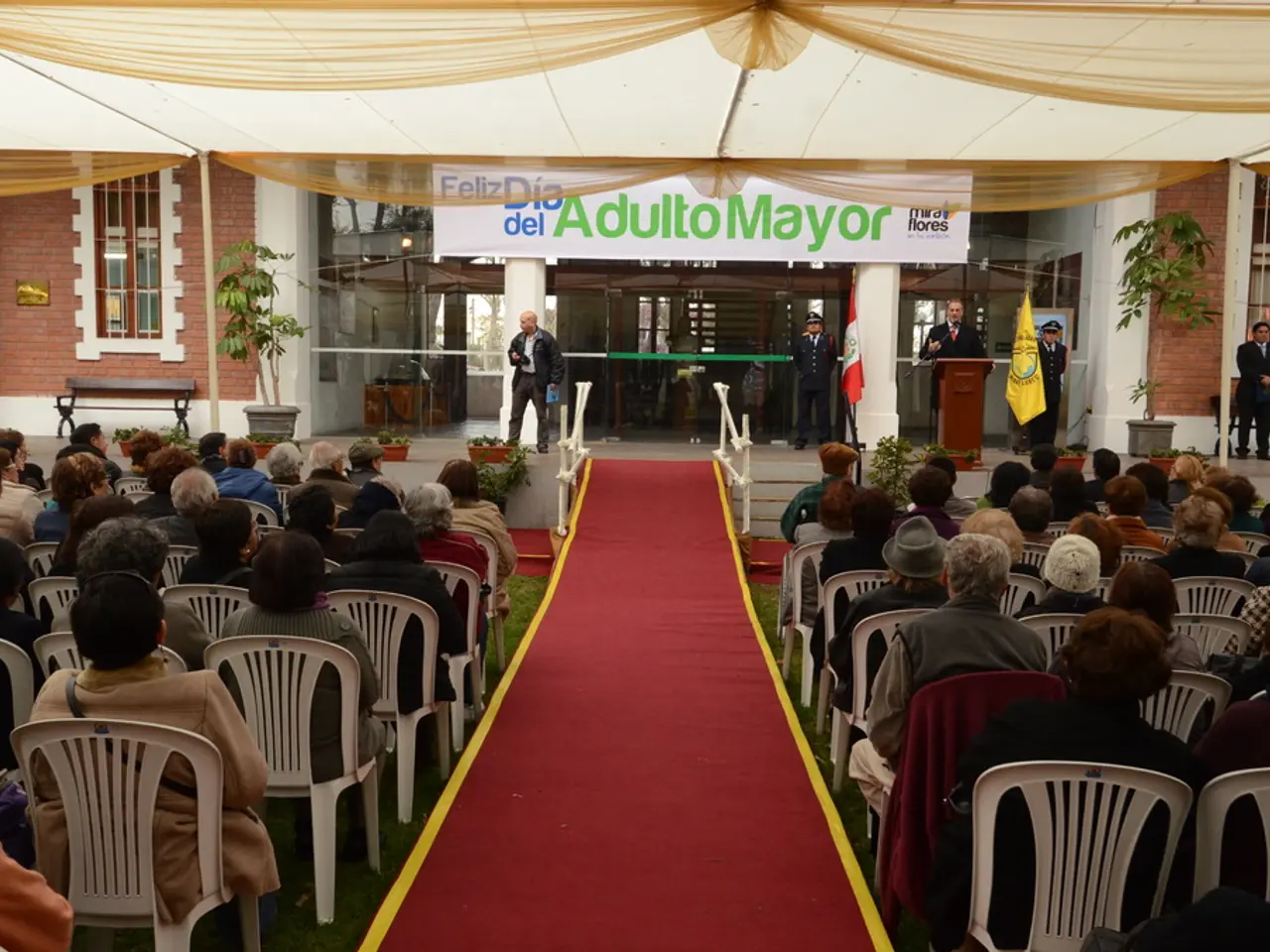Border restrictions implemented by Poland - repercussions explored.
In a move aimed at curbing irregular migrant crossings, Poland has temporarily reinstated border controls with Germany, effective from July 7, 2025. This decision, announced by Polish Prime Minister Donald Tusk, is part of a broader European trend to address migration and security concerns [1][2][5].
The reintroduction of border checks will impact the previously smooth travel across the border, which has been facilitated by the Schengen Agreement. Travelers and daily commuters crossing between Poland and Germany can expect delays and added administrative procedures [1][2].
Regular commuters, including workers and shoppers living in border regions, may face inconveniences such as longer wait times and potential congestion at border checkpoints. This could reduce the efficiency of cross-border economic and social activities that have grown due to the Schengen area’s previously open borders [1][2][3].
The controls are expected to cause disruptions to local border traffic, particularly for those commuting daily from Poland to Saxony and Brandenburg, where around 13,000 and 14,000 people commute daily, respectively [3].
The economic consequences of these controls are significant. Increased transit times and operational costs for businesses relying on just-in-time supply chains could reduce competitiveness and impact local economies dependent on cross-border trade and labor mobility [4].
Moreover, the additional personnel and infrastructure required for border controls translate into higher public expenses, contrasting with the economic benefits previously realized from the removal of internal border checks under the Schengen Agreement [4].
The broader implications for the Schengen area are potentially far-reaching. Poland’s move reflects a trend in Europe where several countries, including Germany, France, and others, have reintroduced controls. This undermines the Schengen agreement’s principle of free internal movement, potentially impacting economic integration and political cohesion in the EU [3][4].
Both Prime Minister Tusk and German Chancellor Friedrich Merz acknowledge the shared challenge posed by migration and emphasize the need for cooperation. However, this measure also highlights political tensions and the delicate balance between national security interests and the ideals of European openness [1][2][3].
Sources: [1] BBC News (2025). Poland reintroduces border controls with Germany. [online] Available at: https://www.bbc.co.uk/news/world-europe-62897872
[2] Deutsche Welle (2025). Poland reintroduces border controls with Germany. [online] Available at: https://www.dw.com/en/poland-reintroduces-border-controls-with-germany/a-61110150
[3] European Commission (2025). Impact of Poland's border controls on the Schengen area. [online] Available at: https://ec.europa.eu/commission/presscorner/detail/en/IP_25_1234
[4] European Parliament (2025). Economic consequences of Poland's border controls. [online] Available at: https://www.europarl.europa.eu/RegData/etudes/STUD/2025/619503/IPOL_STU(2025)619503_EN.pdf
[5] Polish Government (2025). Statement by Prime Minister Donald Tusk on border controls. [online] Available at: https://www.gov.pl/web/premier/en/statement-by-prime-minister-donald-tusk-on-border-controls
The reintroduction of border controls may escalate beyond just migration and security concerns, potentially affecting general news and crime-and-justice topics due to the increased possibility of irregular activities along the Polish-German border. This decision could also strain diplomatic relations, as seen in the political tensions between Prime Minister Tusk and German Chancellor Merz.
The additional checks at the border could impact daily commuters and local economies, causing delays and increasing operational costs, possibly leading to decreased competitiveness and potential economic downturn in the affected regions.







